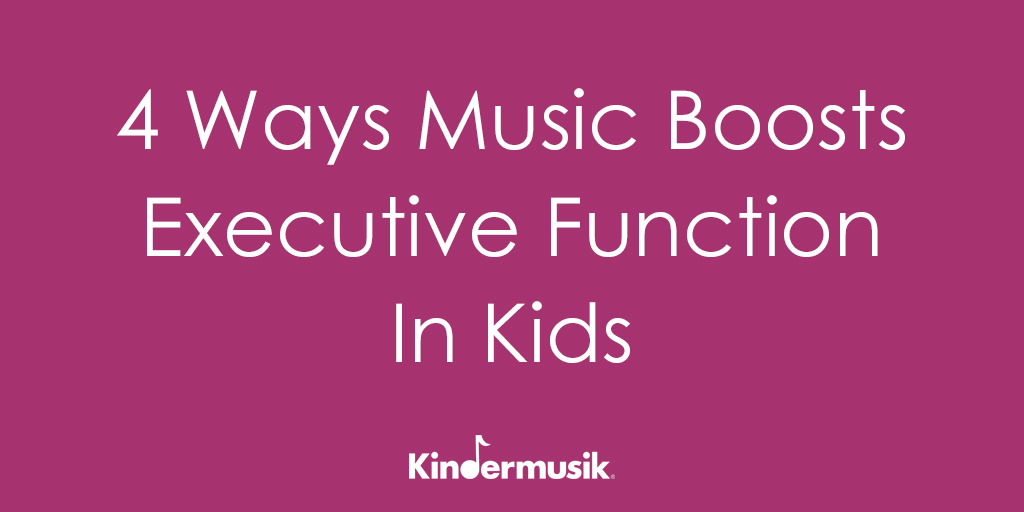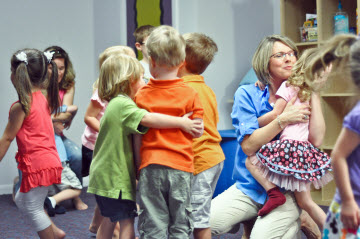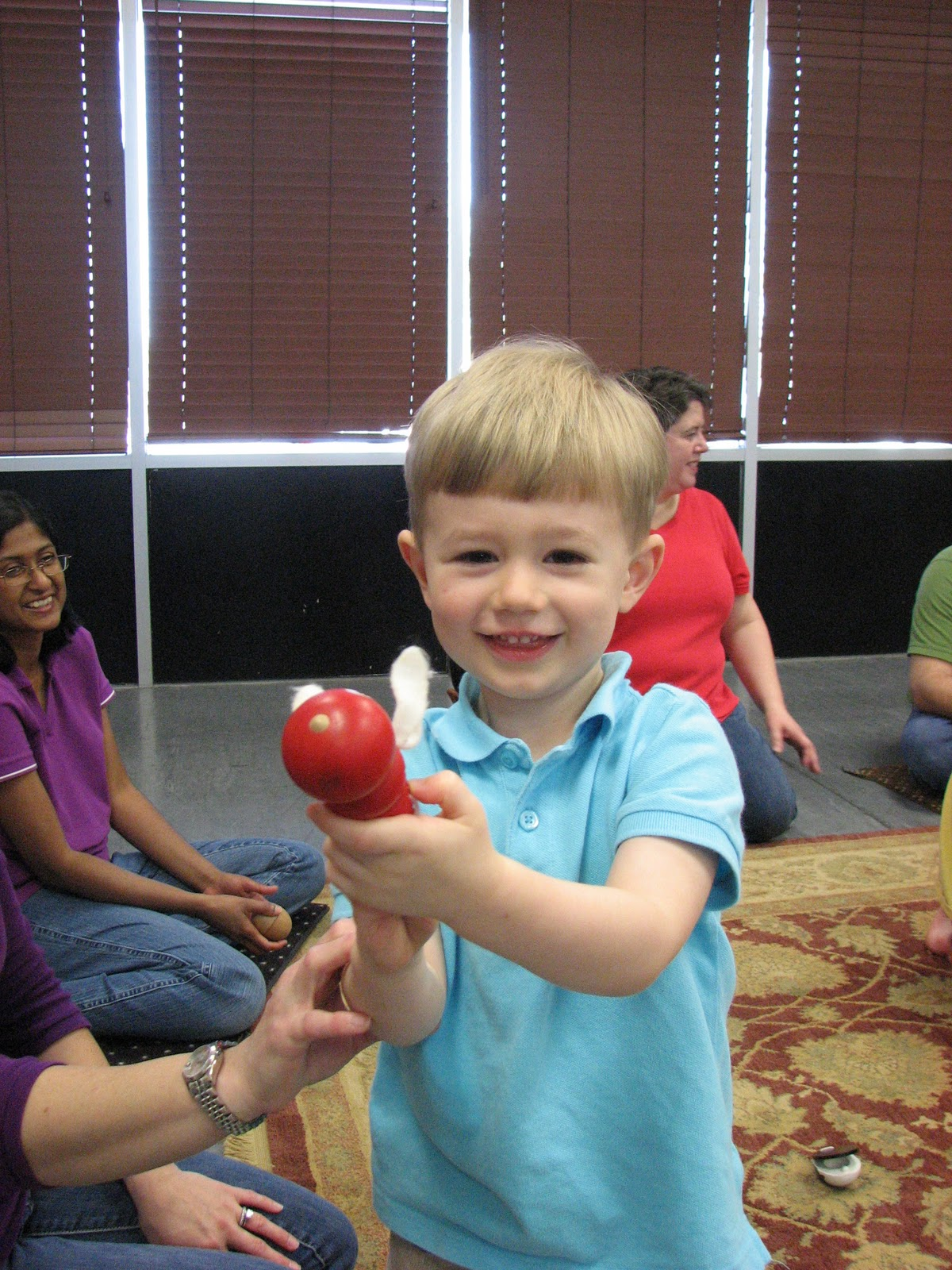Written by Kindermusik educator, Aimee Carter, as originally posted on her Delightful Sounds blog. Amy offers Kindermusik classes through her program, Delightful Sounds, which is located in Brandon, Florida.
 I was doing some research about the benefits of music study today and ran across an article about the effects of music study on the brain. I found the article particularly interesting because of the following quote: “The effect of music training suggests that, akin to physical exercise and its impact on body fitness, music is a resource that tones the brain for auditory fitness and thus requires society to re-examine the role of music in shaping individual development.”
I was doing some research about the benefits of music study today and ran across an article about the effects of music study on the brain. I found the article particularly interesting because of the following quote: “The effect of music training suggests that, akin to physical exercise and its impact on body fitness, music is a resource that tones the brain for auditory fitness and thus requires society to re-examine the role of music in shaping individual development.”
Simply put, music is great exercise for the brain, particularly in those areas which affect listening, reasoning, and language skills. Parents who expose their children to musical activities, such as our Kindermusik classes, are giving their children an early advantage for enhanced development and academic success. The developmental foundation that is established in these young minds will increase memory function, listening skills, and creative learning. It is also interesting to note that this study specifically referenced these same benefits for children with special needs who participate in music training.
You can read more by clicking HERE.




 Ensemble experiences help children to listen closely and work together as they play-along and sing-along together as a group.
Ensemble experiences help children to listen closely and work together as they play-along and sing-along together as a group.


